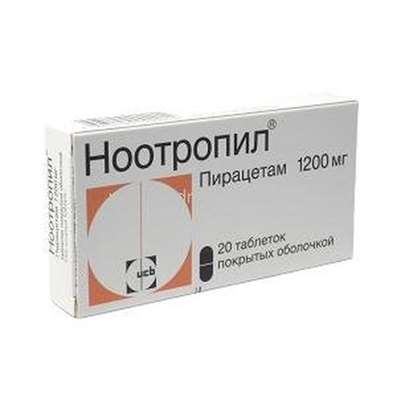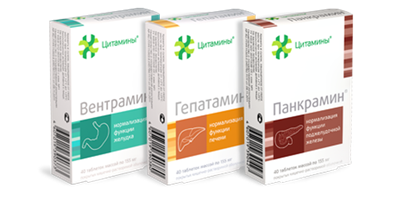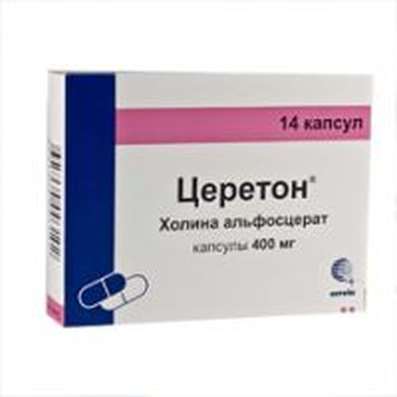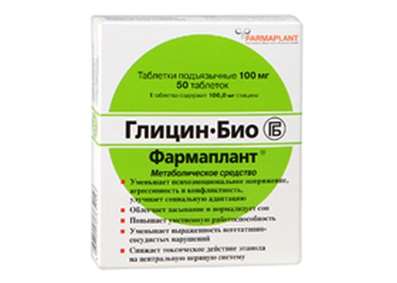Benzoclidine - Active Substances. Instruction and Application, Dosage
26 Dec 2016
Name: Benzoclidine
The Latin name of the substance Benzoclidine
Benzoclidinum (genus Benzoclidini)
Chemical name: 3-Benzyloxy quinuclidine (as hydrochloride)
Formula - C14H17NO2
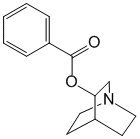
Therapeutic substances Benzoclidine - anxiolytics
The nosological classification (ICD-10)
F07 Personality disorders and behavior caused by disease, injury, or dysfunction of the brain
F34.0 Cyclothymia
F41.2 Mixed anxiety and depressive disorder
F48.0 Neurasthenia
F60 Specific personality disorders
G45 Transient transient cerebral ischemic attacks [attacks] and related syndromes
G47.0 Disorders of falling asleep and maintaining sleep [insomnia]
I10 Essential (primary) hypertension
I15 Secondary hypertension
I47.9 Paroxysmal tachycardia, unspecified
I67.2 Cerebral atherosclerosis
I67.9 Cerebrovascular disease, unspecified
CAS code - 16852-81-6
Characteristics substance Benzoclidine
The white crystalline powder and odorless. Easily soluble in water, soluble in ethanol, practically insoluble in acetone and ether.
PharmacologyMode of action - anxiolytic, sedative, hypotensive, anti-arrhythmic.
It reduces the activity of cortical neurons and inhibits the reticular formation of the brain stem. It reduces the excitability of the vasomotor center. It has a moderate ganglio- and alpha-adrenoceptor blocking action. Improves cerebral circulation. Well absorbed by the oral and parenteral administration. Cumulative effects are not observed.
Shown effective in relief of hypertensive crisis (in / m 50-100 mg).
Application of the substance Benzoclidine
Anxious-depressive states of various origins (particularly mild expressed and associated with cerebrovascular insufficiency), neurotic and neurosis-like disorders with increased excitability, mental stress, sleep disorders, psychopathy and psychopathic conditions, mental disorders on the background of organic disease of the CNS of different etiology, cyclothymia, arterial hypertension, atherosclerosis with cerebral disorders, insomnia, paroxysmal tachycardia.
Contraindications
Hypersensitivity, hypotension, renal failure.
Side effects of Benzoclidine substance
Incoordination, easy feeling of intoxication, nausea, dry mouth, thirst, polyuria, skin rash.
Interaction
It enhances the effects of hypnotics, anesthesia and local anesthetics, analgesics, neuroleptics, alcohol, antihypertensive drugs.
Dosing and Administration of Benzoclidine
Inside, at 20-60 mg 3-4 times a day; if necessary, the daily dose increased up to 200-300 (500) mg.
V / m and s / c to 20 mg (1 ml of 2% solution) 1-2 times a day; gradually single dose of 50-150 mg (1-2 ml of a 5% solution) were daily - 200-300 mg (4-6 ml of a 5% solution). The course of treatment - from 15 days to 2 months or more. repeat the course if necessary.
Trading names of drugs with Benzoclidine working substance
Trade Name Index
Oxylidin solution for injections

 Cart
Cart

